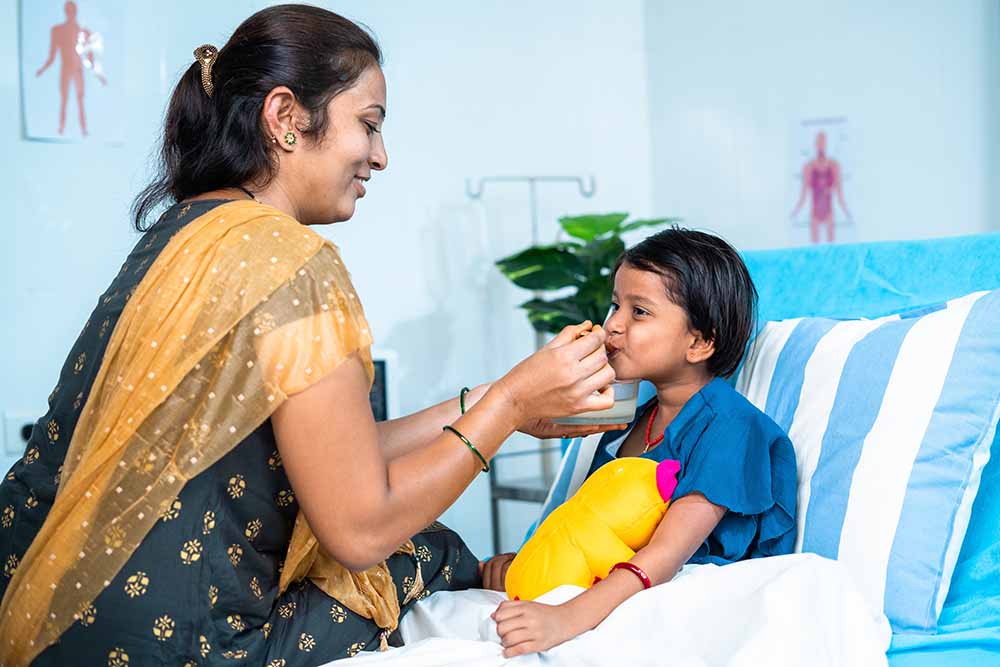A decade ago, the Bollywood film ‘Piku’ focussed on a young, independent daughter played by Deepika Padukone, who was the caregiver to her ageing, irate father. Another film, the Kalki Koechlin-starrer ‘Margarita, With A Straw’ depicted a teenager with cerebral palsy exploring her sexuality, and her relationship with her mother, the primary caregiver. And in ’15 Park Avenue’, Shabana Azmi’s character takes care of her schizophrenic younger, essayed by Konkona Sen Sharma. All these films have one thing in common – the carers or caregivers are women.
Caregiving is an informal and unrecorded activity, with many carers even unaware that they are engaging it in. This makes it hard to document the exact numbers. According to research by Carers Worldwide, in India, Nepal and Bangladesh, 84 per cent of all carers are women or girls, the majority of whom suffer from anxiety or depression, and half of whom worry about their own health. It is important to acknowledge that caregivers need to care for themselves, and this holiday season is a good starting point.
Sociologist and student of Gender Studies, Snigdha Kuruvilla says, ‘Women usually take on primary caregiving roles in the family, whenever the need arises. This could be short-term (for instance, if a spouse or a child has the flu), medium-term (say, if an in-law has fractured their leg or has just had surgery), or long-term (such as caring for a differently-abled child or an adult with Alzheimer’s). Not all women can afford to do this financially, but they are faced with very little choice. So they either have to reduce their working hours and wages, or quit work altogether. If they are also the primary breadwinners in a minority or low-income group, this poses an additional challenge. They can’t go to work because they can’t afford to hire help at home, even for the smallest of chores. Even affording basics becomes a challenge. Even if there are other earning family members, there is a loss of financial independence and reduced financial or retirement benefits for the future. Secondly, this is an unpredictable job, where there is very little appreciation or reward, and you’re usually expected to be around 24 x 7 without catching a break. The impact can be devastating and result in what is known as caregiver burnout. Women neglect their own health and other needs, and could end up spiralling into anxiety and depression.’
According to an article published in the journal World J Psychiatry, it has been suggested that there are several societal and cultural demands on women to adopt the role of a family caregiver. Stress-coping theories propose that women are more likely to be exposed to caregiving stressors, and are likely to perceive, report and cope with these stressors differently from men. Many studies, which have examined gender differences among family caregivers of people with mental illnesses, have concluded that women spend more time providing care and carry out personal-care tasks more often than men. These studies have also found that women experience greater mental and physical strain, greater caregiver burden, and higher levels of psychological distress while providing care.

Caregivers should watch out for certain signs that indicate they’re highly stressed. These include feeling overwhelmed or worried constantly, losing interest in the things that once sparked joy, loss of sleep and appetite, weight gain or weight loss, becoming increasingly irritable, feeling physically tired or unwell, and sleep disorders.
Clinical psychologist Manjula MK has a basic set of self-care guidelines for caregivers who need a breather and are experiencing caregiver burnout.
- If you can afford paid help (even part-time), get it. If you can’t, don’t hesitate to ask for help. Even the smallest of things can ease your burden. For instance, request a neighbour to send you extra food once a week, and take a break from cooking. Or organise a carpool so you don’t have to drop your child to school every day.
- Caregivers always put their loved ones ahead of themselves, no matter how unreasonable it seems, because it’s what they’re used to doing and they feel guilty otherwise. Learn to say no, and understand when their demands can wait. Take an extra five minutes for your bath, sip your tea in peace and sleep half an hour early.
- Take care of your health – physical and mental. Practice deep breathing every day for at least 10 minutes. Exercise for at least 30 minutes. Focus on eating simple, home-cooked nutritious food. Do not skip meals or stress-eat junk food even if life is tough.
- If you’re unable to get a good night’s sleep because of your caregiving duties, take two or three short naps during the day whenever you can.
- There is never going to be an ideal scenario and you cannot control everything. There’s a reason you’ve chosen to be a caregiver – the most common reason is that the person is a family member who matters to you. It’s always going to be challenging. Try and accept the situation, and stop complaining or feeling negatively about it.
- Don’t sweat the small stuff or be too hard on yourself if you haven’t lived up to some impossibly high standard of perfection – most often self-imposed. Be kind to yourself more often, pat yourself on the back and tell yourself you’re doing a great job.
- If you’re still feeling overwhelmed, reach out for support. You could talk to a counsellor, or find a support group online for caregivers to share your experiences with. Stay connected to your friends and extended family. Do not fall off the grid. Very often, these connections can be your lifeline.
Not all caregivers have the convenience to care for themselves, because it is often a matter of survival and getting through that day. But wherever it is possible, you must. And no, this isn’t selfish. Do not feel guilty about putting yourself first where it really matters.